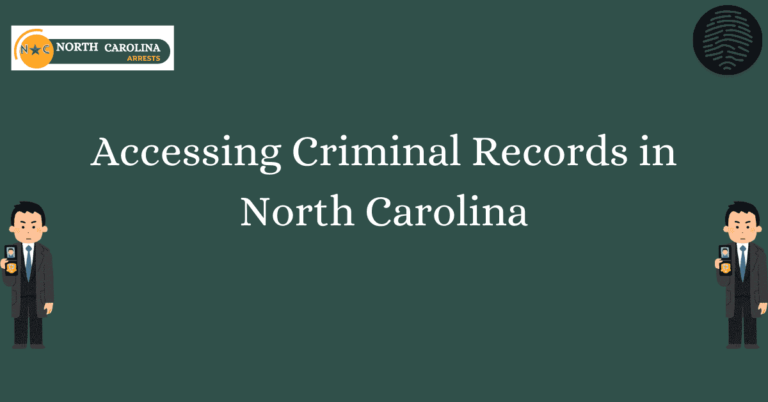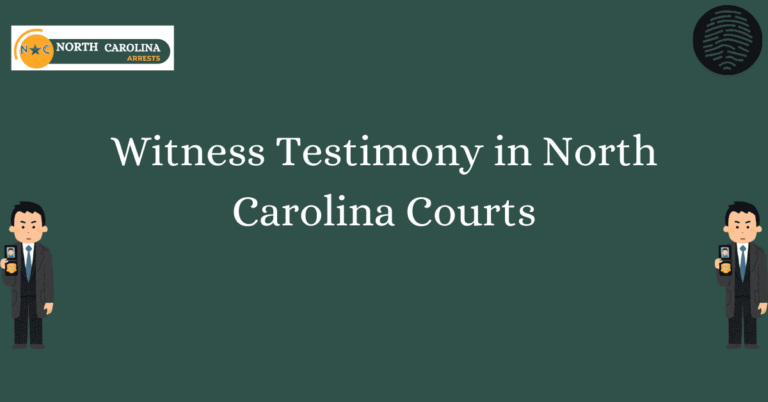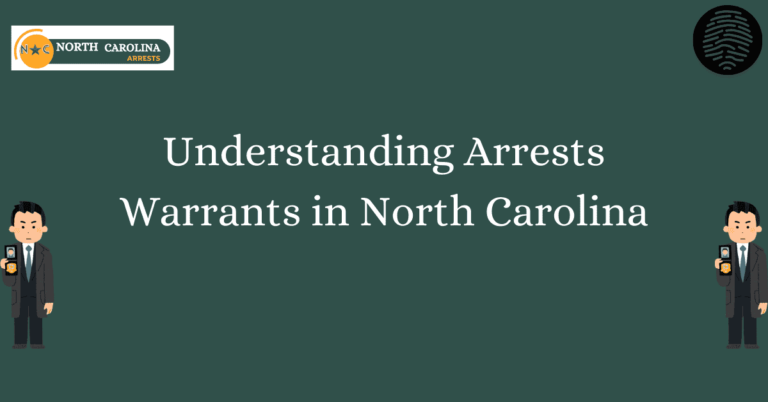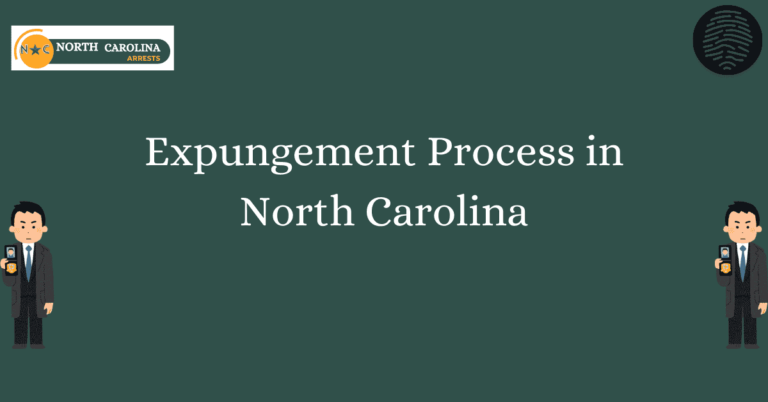Miranda Rights in North Carolina Explained
When faced with legal issues in North Carolina, it’s crucial to be aware of your Miranda Rights. Understanding these rights is essential to navigating the legal system effectively. In North Carolina, Miranda Rights ensure that individuals have the right to remain silent and the right to an attorney during police questioning.
Being informed about your Miranda Rights can make a significant difference in legal proceedings. In North Carolina, these rights serve as a protection for individuals during interactions with law enforcement. Knowing and asserting your Miranda Rights can help safeguard your legal interests and ensure fair treatment under the law.
Overview of Miranda Rights in North Carolina
In North Carolina, Miranda rights ensure that individuals under arrest are informed of their right to remain silent and their right to legal counsel during police interrogations. Failure to provide Miranda warnings may result in the exclusion of any resulting statements during the trial, upholding the defendant’s constitutional rights and ensuring fair legal proceedings.
Importance of Understanding Miranda Rights
Understanding Miranda Rights is crucial for individuals in North Carolina who are facing police questioning or arrest. These rights are designed to protect individuals from self-incrimination and ensure fair treatment during legal proceedings. Miranda Rights inform individuals of their right to remain silent and their right to legal representation. Failure to understand and assert these rights can have serious consequences, potentially leading to a violation of one’s constitutional rights.
Rights to Remain Silent in North Carolina
In North Carolina, individuals have the right to remain silent when questioned by law enforcement. This means that they are not obligated to answer any questions that may incriminate them. It is important for individuals to clearly assert their right to remain silent by stating that they wish to exercise this right. Failure to do so may result in statements being used against them in legal proceedings.
Right to Legal Representation in Police Questioning
Individuals in North Carolina have the right to legal representation during police questioning. This means that they can have an attorney present to advise them on how to respond to questions and ensure their rights are protected. Having legal representation can help individuals navigate the complex legal process and avoid making statements that may harm their case.
Significance of Asserting Miranda Rights
Asserting Miranda Rights is crucial in protecting one’s legal rights during police questioning or arrest. By clearly stating that one wishes to remain silent and have legal representation, individuals can avoid self-incrimination and ensure fair treatment under the law. Asserting these rights sends a clear message that one is aware of their constitutional protections and is exercising them accordingly.
Protection Offered by Miranda Rights in NC
Miranda Rights in North Carolina provide essential protections to individuals involved in legal proceedings. These rights ensure that individuals are informed of their rights to remain silent and have legal representation, safeguarding them from coercion or intimidation by law enforcement. By asserting these rights, individuals can protect themselves from potential abuses of power and ensure a fair legal process.
Ensuring Fair Treatment Through Miranda Rights
Ensuring fair treatment through Miranda Rights is essential for upholding justice and protecting individuals’ rights in North Carolina. By understanding and asserting these rights, individuals can level the playing field when facing legal challenges. Miranda Rights serve as a safeguard against unfair practices and help individuals navigate the legal system with confidence.
Impact of Miranda Rights on Legal Proceedings
The impact of Miranda Rights on legal proceedings in North Carolina is significant. These rights play a crucial role in ensuring that individuals are treated fairly and that their constitutional rights are upheld. By asserting their Miranda Rights, individuals can protect themselves from self-incrimination and ensure that any evidence obtained through legal processes is admissible in court. Understanding and asserting Miranda Rights is key to navigating the legal system effectively.
Frequently Asked Questions
Our Frequently Asked Questions section aims to provide you with comprehensive information about Miranda Rights in North Carolina. Below, you will find detailed answers to common queries related to this topic.
What are Miranda Rights?
Miranda Rights refer to the rights guaranteed to individuals under the Fifth Amendment of the United States Constitution. These rights include the right to remain silent, the right to an attorney, and the warning that anything you say can be used against you in a court of law.
When are Miranda Rights read to a suspect?
Miranda’s Rights must be read to a suspect before any custodial interrogation takes place. This means that if a person is in police custody and is being questioned by law enforcement officers, their Miranda Rights must be read to them.
What happens if Miranda Rights are not read?
If Miranda Rights are not read to a suspect before a custodial interrogation, any statements made by the suspect during that interrogation may be deemed inadmissible in court. This is known as the “Miranda Rights warning requirement.”
Can Miranda’s Rights be waived?
Yes, individuals have the right to waive their Miranda Rights. This means that they can choose to speak to law enforcement officers without an attorney present and without remaining silent. However, it is important to understand the implications of waiving these rights.
Do Miranda Rights apply in all situations?
Miranda Rights only apply in situations where a person is in police custody and is being interrogated. If a person is not in custody or is not being questioned by law enforcement, Miranda Rights may not be required to be read.
How can I assert my Miranda Rights?
If you find yourself in a situation where you believe your Miranda Rights are being violated, you have the right to assert them by clearly stating that you wish to remain silent and that you want an attorney present during any questioning. It is important to assert these rights clearly and unequivocally.







